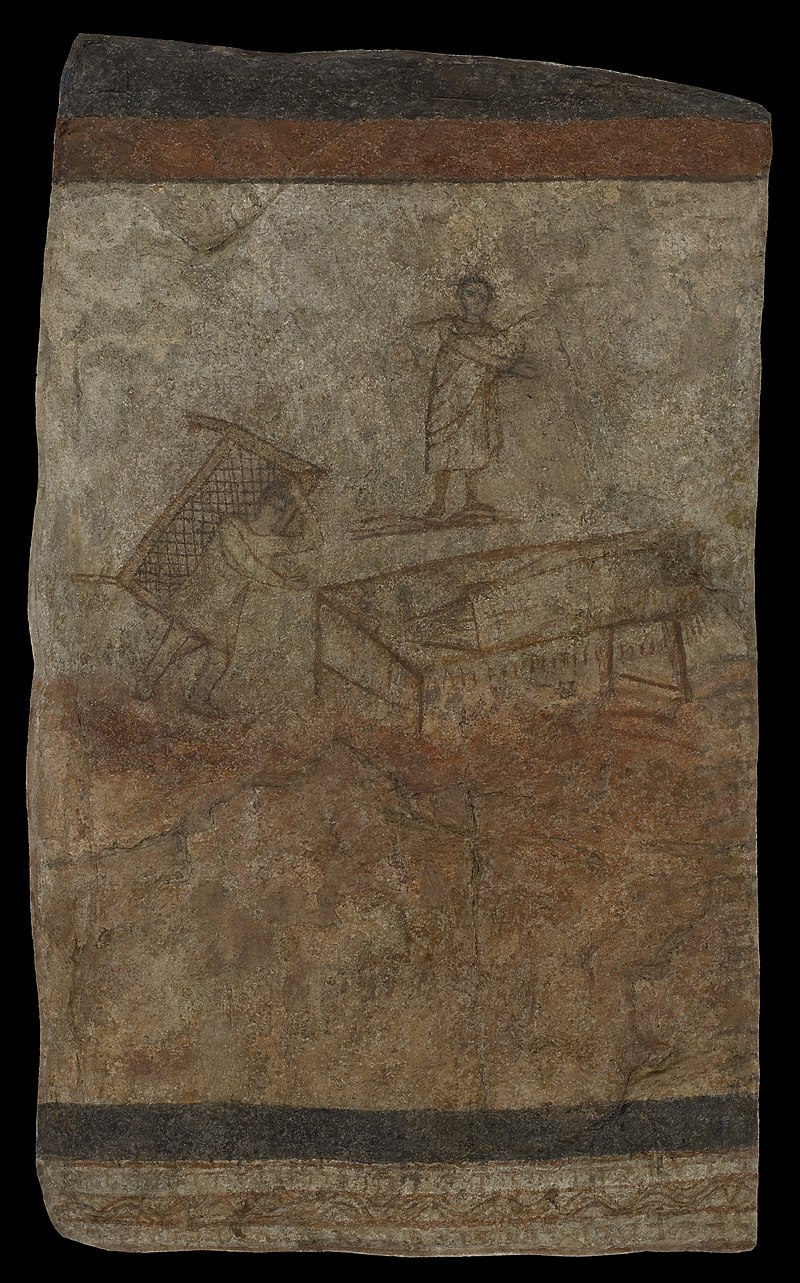Historicity of Jesus

Was Jesus a real, historical person?
Yes. The historical record shows that a man named Jesus lived in the early first century in Israel and founded Christianity.[1] Biblical scholars, both religious and secular, agree that the historical Jesus existed.[2]
A minority of biblical scholars believe Jesus did not exist as a real, historical person but instead as a literary creation or a myth.[3][4]
Early non-biblical sources for Jesus
Date text was written or translated[5] | Date of Manuscript[6] | Source | Notes |
93 AD[7] | 11th Century AD[8] | Josephus[BIO] | First-century historian Josephus wrote the earliest and most extensive non-Biblical record of Jesus's life and ministry.[9] |
121 AD[10] | 820 AD[11] | Suetonius[BIO] | In his biography of Emperor Claudius in Lives of Twelve Caesars, Suetonius mentions that Emperor Claudius expelled Jews from Rome "since the Jews constantly made disturbances at the instigation of Chrestus."[12] |
2nd Century AD[13] | 13th Century AD[14] | Origen[BIO] | Origen records the claims Celsus made in the 2nd century about the birth of Jesus not being miraculous but the consequence of an extramarital affair.[15] |
55 AD[16] | 11th Century AD[17] | George Syncellus[BIO] | Byzantine chronicler George Syncellus references a secondhand quote attributed to a historian, Thallus,[BIO] about the day of Jesus' death.[18] |
73-300 AD[19] | 6th or 7th Century AD[20] | Mara bar Serapion[BIO] | Stoic philosopher Mara bar Serapion refers to a "Wise King" of the Jews who was murdered soon before the kingdom of the Jews was destroyed.[21] |
112 AD[22] | 1500 AD[23] | Pliny the Younger[BIO] | Pliny the Younger writes to Emperor Trajan,[BIO] describing his prosecution of Christians as governor in Turkey and referring to Christ.[24] |
116 AD[25] | 1000 AD[26] | Tacitus[BIO] | Tacitus explains that followers of "Christus," who was killed by Pontius Pilatus, were called "Christians."[27] |
Scholarly Statements supporting the historicity of Jesus
Name of Scholar | Religious Affiliation | Statement on the Historicity of Jesus |
Bart Ehrman[BIO] | "Agnostic Atheist"[28] | "We cannot think of the early Christian Gospels as going back to a solitary source that “invented” the idea that there was a man Jesus. The view that Jesus existed is found in multiple independent sources that must have been circulating throughout various regions of the Roman Empire in the decades before the Gospels that survive were produced. Where would the solitary source that 'invented' Jesus be?"[29] |
Robert E. Van Voorst[BIO] | Christian[30] | "First, and most apparently, [the Testimonium Flavianum] (along with the later mention of Jesus at Ant. 20.9.1 §200) affirms the existence of Jesus. If any Jewish writer were ever in a position to know about the nonexistence of Jesus, it would have been Josephus. His implicit affirmation of the existence of Jesus has been, and still is, the most significant obstacle for those who argue that extra-biblical evidence is not probative on this point."[31] |
George Albert Wells[BIO] | Non-Christian[32] | "Today, most secular scholars accept Jesus as a historical, although unimpressive, figure. They are aware that much that is said of him, and by him, in the New Testament is no longer taken at face value even by scholars within mainstream churches, who either discount much of its material as inauthentic or justify it by more novel interpretations."[33] |
Graham Stanton[BIO] | Christian[34] | "Today, nearly all historians whether Christians or not, accept that Jesus existed and that the Gospels contain plenty of valuable evidence that must be weighed and assessed critically. There is general agreement that with the possible exception of Paul, we know far more about Jesus of Nazareth than any first- or second-century Jewish or pagan religious teacher."[35] |
Is it important for Latter-day Saints to believe in a historical Jesus?
Yes.[36]
How reliable are these ancient accounts?
Scholars generally agree that these ancient accounts are authentic,[37] although there may be some evidence that Josephus's (a Jewish historian who wrote about Jewish history for the Romans) account of Jesus may have been embellished.[38]
Shouldn't more ancient historians have mentioned Jesus?
No, not necessarily. Ancient Palestine was a relatively small and historically insignificant province in the Roman Empire.[39] Another possible reason for the lack of references to Jesus is due to the early Christian movement's relatively small number.[40]
Do the Dead Sea Scrolls mention Jesus?
No.[41]
Does the Jewish Talmud mention Jesus?
Possibly. There are some references to a man named Jesus or anecdotes that may have been taken from Jesus narratives, but there is nothing definitive.[42]

Are there any original historical documents from eyewitnesses of Jesus?
No. There are no original manuscripts for any of the Gospel accounts.[43]
Is there any independent evidence that Jesus performed miracles or was resurrected?
Kind of. The Gospel accounts give the only direct evidence of Jesus performing miracles[44] and being resurrected,[45] but some ancient sources also reference Jesus performing miracles.[46]
Isn't it true that even Paul in the New Testament didn't refer to Christ as a historical person?
No. Paul's epistles say Jesus had a mortal brother;[47] that He ate, drank, and conversed with other people;[48] and that He appeared to numerous people after his resurrection.[49]
Could Paul have just created a fictional version of Jesus?
No, probably not. Paul wrote his first letter around 48-52 AD when people who had personally known Jesus as a real person would still have been alive.[50]
If Paul had invented Jesus, he probably would have written an introduction to who Jesus was and written about His life; however, there is no introduction or biographic information about Jesus in Paul's writings.[51]
Isn't the story of Jesus just a copy of pagan myths about miraculous births and resurrections?
Scholars have argued both for and against the idea that the story of Jesus's resurrection is similar to ancient resurrection myths.[52][53]
- Robert A.
“Jesus is my Lord and Saviour and our salvation should we choose to believe in Him. I have felt His guidance and protection throughout my life. He has led me to be humble, caring and generous in spirit.”



 about this topic
about this topic